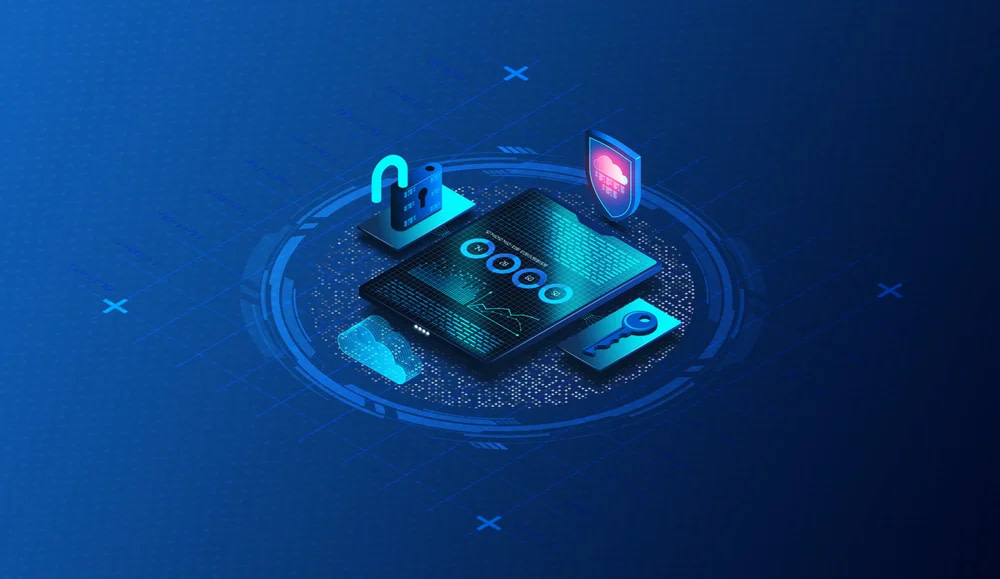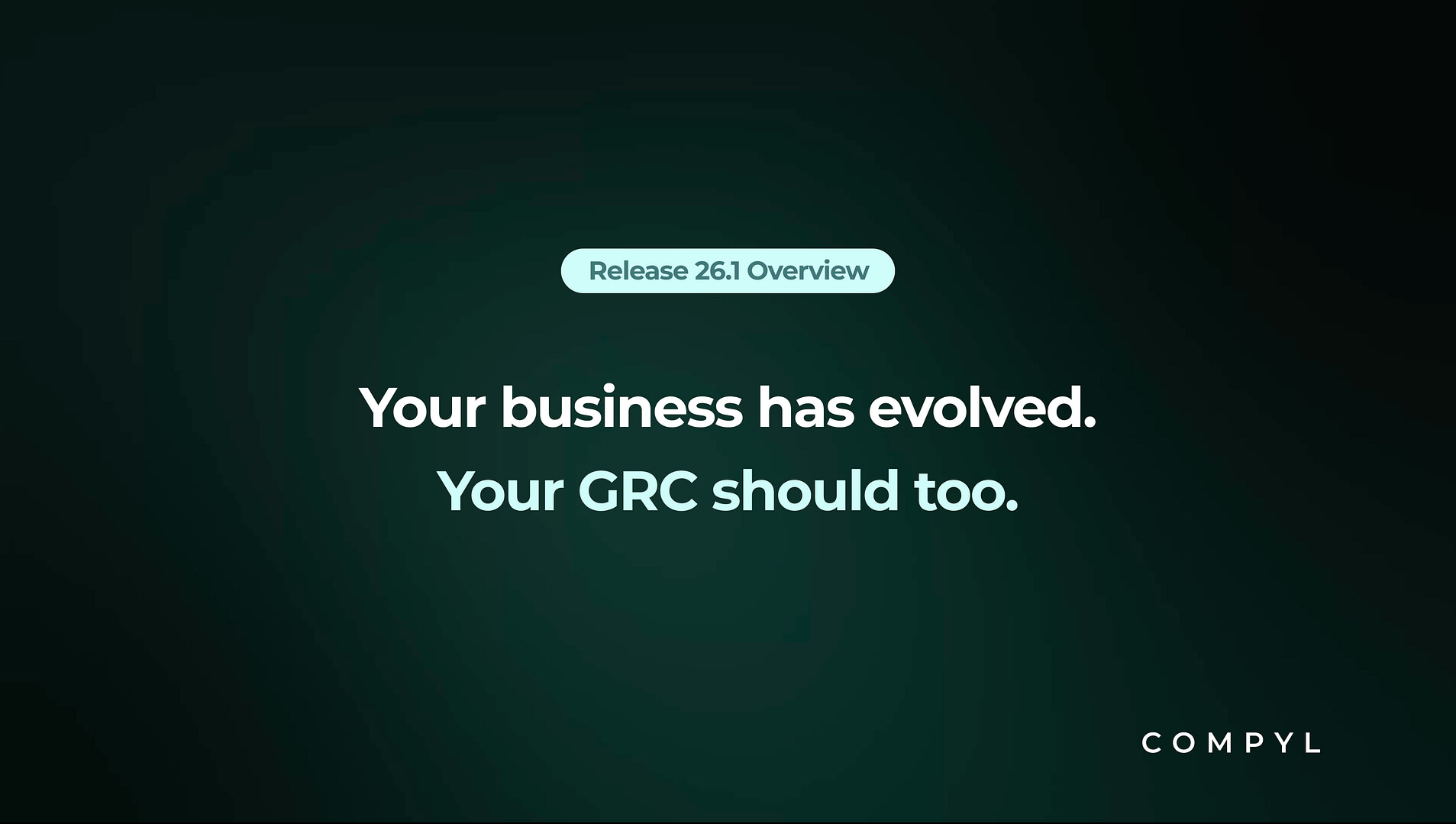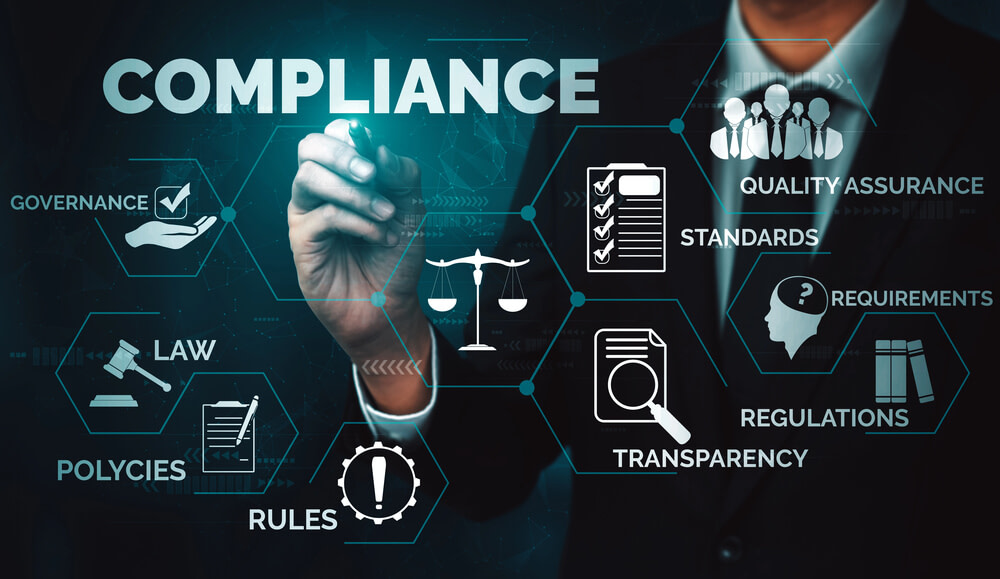In the U.S., some 190 million consumers and nearly 80% of small businesses use credit cards. Globally, there are more than 2 billion payment card transactions every day. Adhering to PCI security standards is one of the most important concerns for modern businesses in every industry, and the consequences for noncompliance can be severe. But what do PCI DSS fines and penalties involve? How can your organization avoid them?
This comprehensive guide explains how PCI DSS noncompliance fines work, how much they cost, and what impact they have on businesses that handle cardholder data. It also covers the consequences you avoid by complying with PCI standards.
What Are PCI Fines and Penalties in 2025?

PCI DSS fines are monetary penalties resulting from violating PCI standards. Specific amounts vary by payment card brand, but businesses pay anywhere from a few thousand to $500,000 or more for noncompliance.
Card networks charge up to $90 per impacted account after a data breach. Cyberattacks on global retailers may expose millions of records, putting organizations on the hook for hundreds of millions of dollars.
What Factors Influence PCI Fine Amounts?
The PCI Security Standards Council looks at several factors when determining the amount noncompliant businesses pay after a PCI DSS violation or data breach.
Business Size
PCI fines for small to medium-sized businesses range from $5,000 to $100,000 per month. Large businesses that process millions of transactions each month can expect to pay even more. These penalties add up quickly.
Nature and Extent of the Violation
Larger, more extreme violations result in harsher penalties. A minor oversight in documentation management will likely incur a lower fine. Conversely, a major data breach that exposes millions of cards to bad actors can result in maximum penalties. Breaches that involve particularly sensitive data are punished severely.
In one famous example, Equifax paid a $425 million settlement for exposing the data of over 140 million cardholders. This case may be an outlier, but it highlights just how costly PCI fines and penalties can be for companies that process large numbers of credit card transactions or store cardholder data, such as payment gateways and fintech organizations.
Duration of Noncompliance
The longer your organization takes to correct PCI compliance violations, the more it pays in fines. PCI DSS noncompliance penalties can ramp up if issues aren’t corrected promptly.
In the event of a data breach, businesses that are found to have been noncompliant for a long time often face incredibly steep fines. Prolonged PCI DSS violations indicate a lack of diligence or awareness in maintaining security standards, which increases the risk of data breaches significantly.
History of PCI DSS Compliance (or Noncompliance)
Similarly, companies that have previously violated PCI standards typically incur higher penalties than first-time offenders. Repeat offenses suggest a pattern of noncompliance and a disregard for PCI security standards. Fines are escalated in such cases to compel the organization to take action.
On the other hand, responding positively and quickly to PCI violations uncovered during audits or vulnerability scanning reflects well on your organization. Showing that your team has a robust cybersecurity framework can work in your favor. Despite a Capital One vulnerability impacting more than 100 million people, fast action and strong overall cybersecurity meant that no credit card accounts were compromised.
Impact on Consumers
The actual or potential impact of a violation is also taken into consideration. If a breach leads to significant financial loss or identity theft, organizations can expect heavy PCI fines and penalties.
Remediation Efforts
Authorities often look at whether offending businesses take the appropriate steps to correct their mistakes. A company might implement a cybersecurity risk management program, invest money in stronger network protection tools, or commit to improving its current strategy. Other remediation efforts include contacting affected customers directly and offering credit monitoring services.
Cooperation With Authorities
How well an organization cooperates with the relevant authorities has a large bearing on the total amount it pays in PCI fines. Transparency and proactive collaboration can lead to reduced penalties because they demonstrate a commitment to resolving the issues at hand and strengthening cybersecurity, reducing the risk of future breaches.
On the other hand, enterprises that are combative — or that tried to hide the breach for months from the relevant authorities — can face much higher PCI DSS penalties.
Industry Sector
PCI applies to all businesses that process credit card transactions, but sectors such as finance and healthcare are more heavily regulated due to the sensitive nature of the data they handle. Businesses in these industries face stricter penalties and higher fines for PCI DSS violations.
Are There Other PCI DSS Noncompliance Penalties?

As devastating as they can be, fines and penalties aren’t the only consequences of breaching PCI DSS standards. Staying up to date and compliant with PCI regulations is vital for business success, especially for enterprise-level organizations.
Reputational Damage
Benjamin Franklin was famously quoted as saying, “It takes many good deeds to build a good reputation, and only one bad one to lose it.” PCI DSS noncompliance can prove catastrophic for a brand’s public image, negating decades of positive PR and consumer trust in an instant.
Operational Disruptions
PCI DSS violations can cause major operational disruptions. When a breach occurs, affected companies must dedicate substantial resources to investigate the incident, contain the breach, and implement corrective actions. This can impede business as usual.
Decreased Employee Morale
PCI DSS noncompliance can require large changes to an organization, potentially impacting employee morale negatively. Emergency corrective measures can leave existing employees overburdened.
Legal Costs, Class Action Settlements, and Regulatory Penalties
The fallout from data breaches often goes beyond credit card networks. When a breach exposes the records of millions of consumers, state governments may get involved. After a Home Depot data breach, the company spent nearly $200 million related to litigation, including $17.5 million to settle a 46-state probe.
How To Avoid PCI DSS Noncompliance Fines and Penalties
PCI fines and penalties can be a confusing nightmare. Thankfully, with the right planning and training, your organization can become PCI compliant and avoid costly consequences.
Conduct Regular Risk Assessments
Ongoing risk assessments are key to spotting issues before they spiral out of control. By systematically evaluating potential risks, companies can proactively address security gaps and ensure compliance with PCI standards, which is one of the best ways to avoid fines.
Implement Strong Access Control Measures
Access control measures prevent unauthorized parties from gaining access to critical data. Monitoring tools increase your PCI compliance cost, but businesses are less likely to experience PCI DSS violations or data breaches, so they save money in the long run. Access control measures include multifactor authentication, Zero Trust network standards, and access logging.
Encrypt Sensitive Data
Encrypting sensitive data in transit and at rest is a key element of PCI compliance. Encrypting cardholder data ensures that, even if it is compromised, the data remains unreadable without corresponding decryption keys.
Provide Employee Training

The importance of compliance training cannot be overstated. By educating employees on PCI compliance best practices, you create a culture of compliance and get your entire team invested in appropriate defense measures. Not only can this prevent having to pay PCI DSS noncompliance fines, but it also safeguards your organization’s other sensitive data.
Avoid PCI Fines and Penalties With Compyl
Managing cybersecurity and avoiding PCI fines and penalties is challenging, especially for organizations with complex operations, cloud-based systems, or multiple regulatory frameworks to juggle. Compyl simplifies and streamlines organization-wide compliance with advanced workflow automation tools. Get in touch with us today to learn more.



